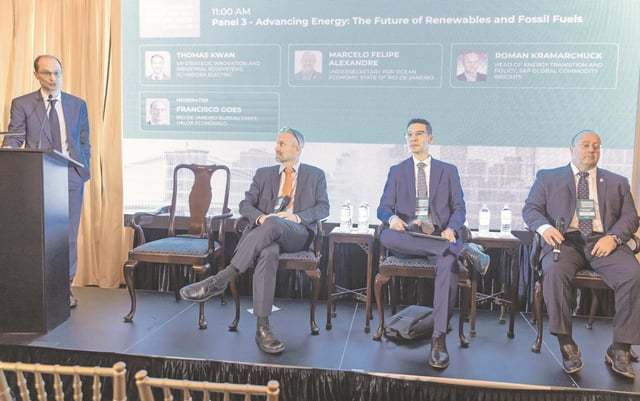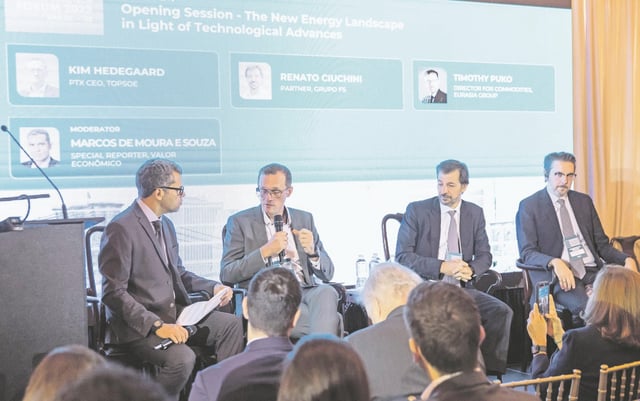Overview
- At the Brazil‑US Energy and Tech Forum, executives argued for legal clarity, fiscal incentives and cost competitiveness to speed the shift without forcing an immediate break from fossil fuels.
- Schneider Electric highlighted transmission bottlenecks that strand Northeast wind and solar from Southeast demand and said digital infrastructure will be key to easing the constraint.
- IEA data show about US$2.2 trillion flowing to renewables this year versus US$1.1 trillion to fossil fuels, with investment concentrated in Asia and Europe as the United States prioritizes fossil advantages.
- A forthcoming Cebri study concludes Brazil can meet its decarbonization goals alongside economic growth and continued oil development, with most transition funding expected from private capital.
- To advance industrial decarbonization, Schneider’s research institute signed an MoU with Brazil’s MDIC to produce three reports that map actionable steps for cutting emissions.



